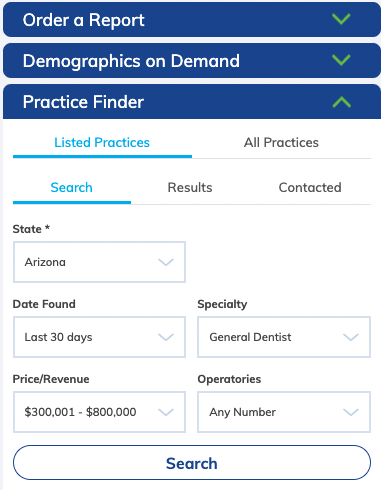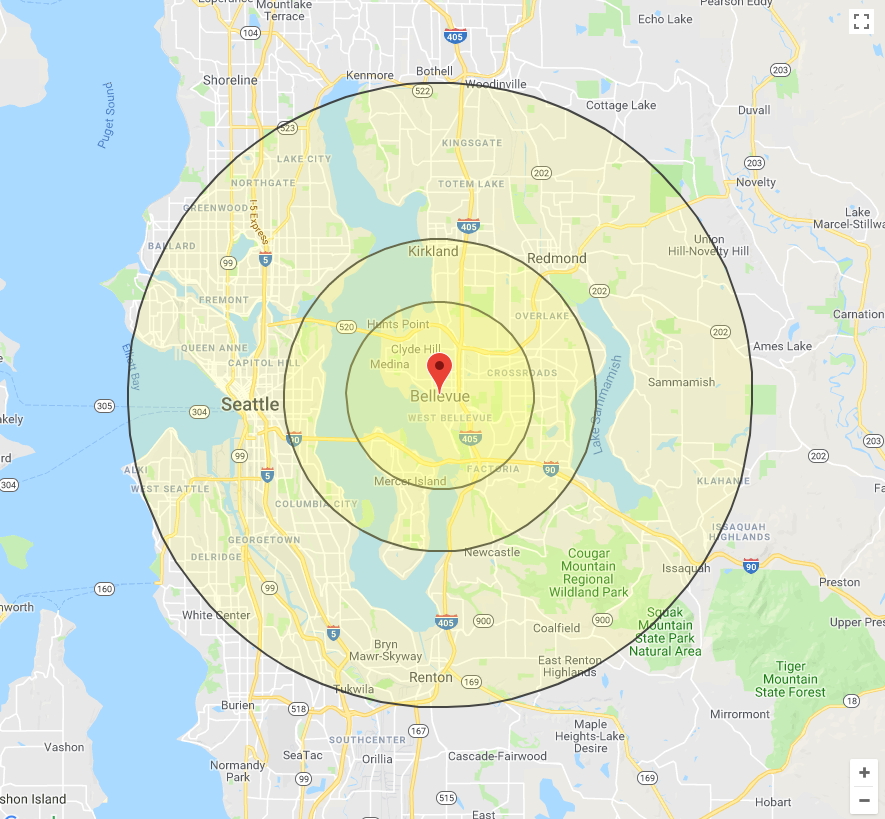
In the year 2023, having a website for your dental practice sounds like a no brainer. I certainly anticipate that the vast majority of practice owners reading this blog not only have a website but have also invested tens of thousands of dollars into its design and search engine rank. To most, it seems like a forgone conclusion that a good website is a must-have for a dental practice. But our research shows that not all practice owners agree. In fact, in some major metropolitan areas, we were unable to find a website for over 30%(!) of dental practices. Imagine practicing in an area where you will outrank three out of every ten competitors just by setting up the most basic of websites - something that can be accomplished in a single day with a little bit of know-how and less than a hundred dollars. Of course we recommend doing more than that, but 30% of dentists in these markets have not even bothered to make this tiny investment in their businesses.
For this article, we looked at our nationwide database of dental offices. Each of them (roughly 120,000 privately-owned practices) has been manually verified by our research team, making this the first ever truly comprehensive look at the digital marketing strategies of the dental industry. We wanted to know, “Are there some areas where dental practices are more likely to have a website?”. The answer was a resounding “yes”. We've included accompanying demographic data on these areas to help explain what might be going on. Numbers which have been bolded are higher than the average of these twenty metro areas.
Top 10 Metro Areas Where Dental Practices Are Most Likely to Have a Website

Bottom 10 Metro Areas Where Dental Practices Are Least Likely to Have a Website

* The percentage of an area’s population with a four year degree considers only residents aged twenty-five years and older.
You'll notice several patterns in the data above. First, educated, high growth markets are overwhelmingly in the top ten while shrinking, blue collar markets are generally in the bottom ten. That makes sense. People who grew up with technology are more likely to find a dentist online and dentists around them are more likely to also be of their generation and to market that way. But there are exceptions. Both San Francisco and San Jose, the heart of Silicon Valley, are areas where dentists are less likely to have websites. Huh? One theory is that this may be due to sizable ESL communities who seek out or already know doctors speaking their native tongue.
If you're in an area where just about everyone has a website, don't sweat it. There are lots of great marketing companies out there who can help you rank well. But, you will need to cover your bases. Even just having a basic website in this kind of market could be costing you clicks and, downstream, patients. On the other hand, if you're in a market where much of your competition either doesn't have a website or is not actively engaging in modern digital marketing practices, you've got a great opportunity to outrank them and win over patients looking for a new provider online. This group can be especially desirable for many dentists as their online search indicates that they are likely either willing to pay out-of-pocket or have an insurance plan accepted by many different practices.





